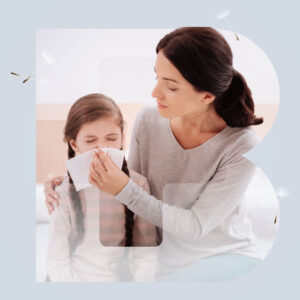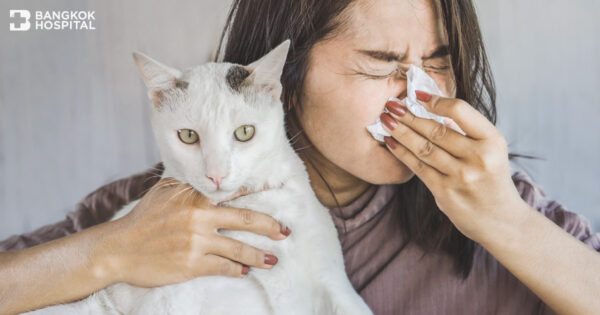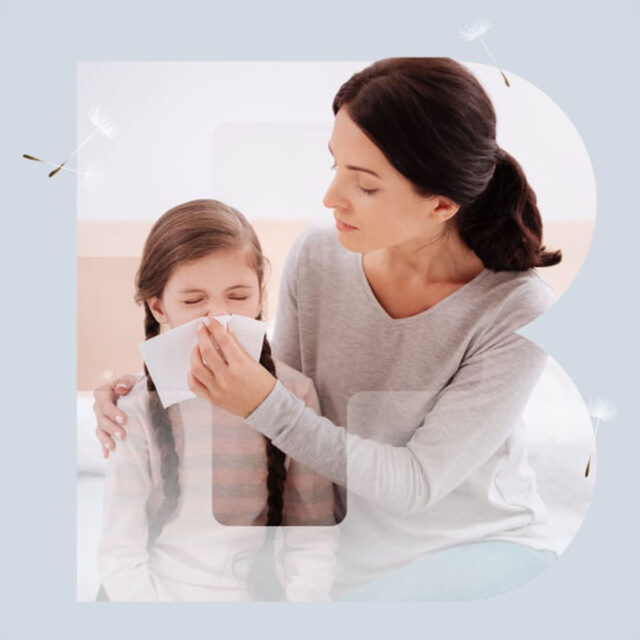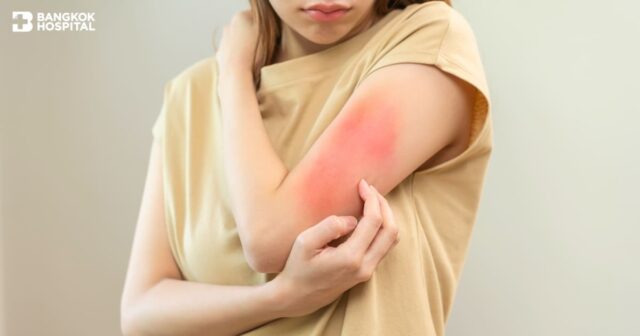Pet lovers can experience allergies from their favorite animals, especially popular pets such as cats, dogs, rabbits, and mice. Many people seem to ignore their condition, though it is a fact that pet hair allergy is more harmful to your body than what you may have thought. So, you should get treated before it becomes a health risk.
Pet Hair Allergy
This is an allergic reaction to protein from when you touch your pet. These allergens can come from its fur, saliva, dander, skin flakes, as well as excrement. If you are allergic to such substances, whenever you come into contact with any of them via the air or skin, your body will react; though the condition may be intermittent. These allergens can be found in all kinds of fur, but are most common from cats and dogs. Being close to a pet owner can sometimes be enough to trigger the reaction also.
The allergens found in cats are Fel d1 protein and in dogs Can f1 protein and Can f2 protein. They remain airborne for a significantly long time and can be easily inhaled. Allergens from dander and saliva usually adhere to the floor, furniture and clothing. Though you may not encounter the pet directly, if a cat or dog has been in contact with the surface you are touching, it is possible that you will experience an allergic reaction.
Symptoms of Pet Hair Allergy
- Sneezing
- Stuffy nose
- Coughing
- Runny nose
- Phlegm in the throat
- Asthma
- Chest tightness
- Rash, hive, eczema
- Itchy, watery, or swollen eyes

When to see a doctor
If the allergic reaction prevails for more than 2 weeks or the symptoms have become severe (e.g., difficulty breathing, wheezing, sleepless, persistent rashes), you need to consult a doctor promptly to find the cause of your allergy. This is normally done through skin or blood tests.
Treatment for Pet Allergy
- Avoiding pet allergens is the best treatment.
- Use medication according to the condition (e.g., nasal or inflammation, asthma, eczema, swollen hives, etc.) per your doctor’s recommendation.
- Use nasal rinse with saline solution to cleanse the allergens from your nasal cavity.
- Get allergy vaccine in case you cannot avoid contacts with pets and/or if the symptoms remain after the use of medication, in order to enhance your immunity. However, this option must be under your doctor’s advice only.
How to avoid pet allergy
- Set up a pet quarter. If your pet lives inside the house, you need to have a special zone or, better, pet house for it. It is recommended that you live on a different floor from your pet and keep it out of your bedroom.
- Bathe your pet regularly. At least 1-2 times per week to reduce accumulation of allergens on its fur. Normally, the allergens are reproduced within a week.
- Clean your house regularly. Clean all of your furniture and floor thoroughly to remove pet dander and invisible dust that can cause allergic reaction. Your room should not be cluttered but, rather, well-ventilated with open doors and windows.
- Avoid cloth-lined carpet and furniture. If you must have a carpet, you need to vacuum it daily and use anti dust mites covers on pillows and mattresses.
- Air purifier is effective. Choose air purifier with high quality HEPA air filter to trap pet allergens.
- Change clothes and wash your hands after playing with your pet. This will help prevent transferring the allergens to other areas.
It is important that you note any unusual condition you may be experiencing, especially pet allergic reactions. If you have any concern, you need to consult a specialist to determine an appropriate care. So, you can be around your favorite pet happily.











